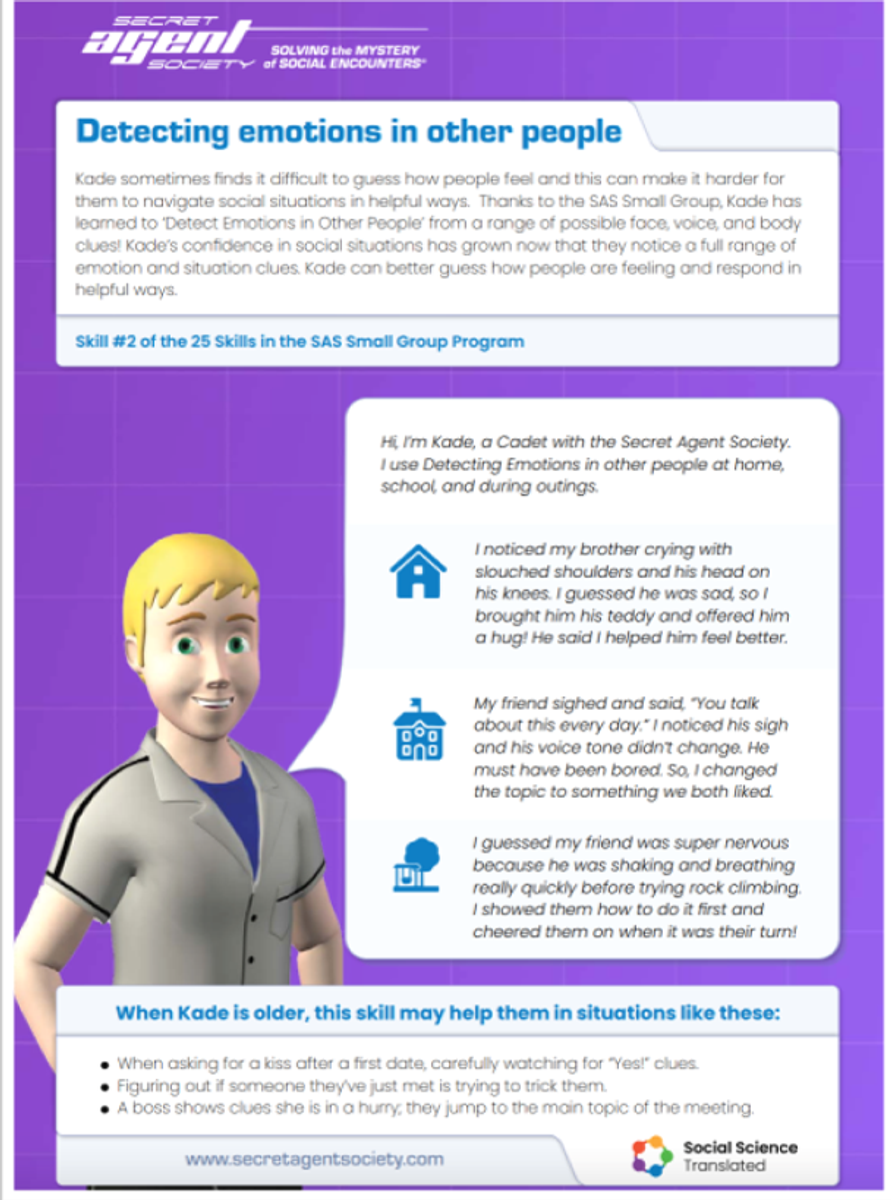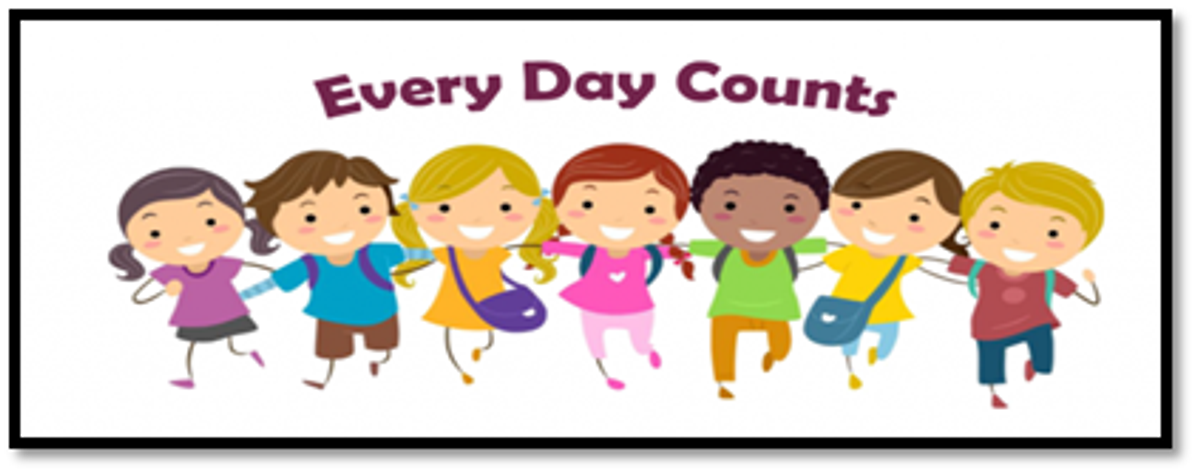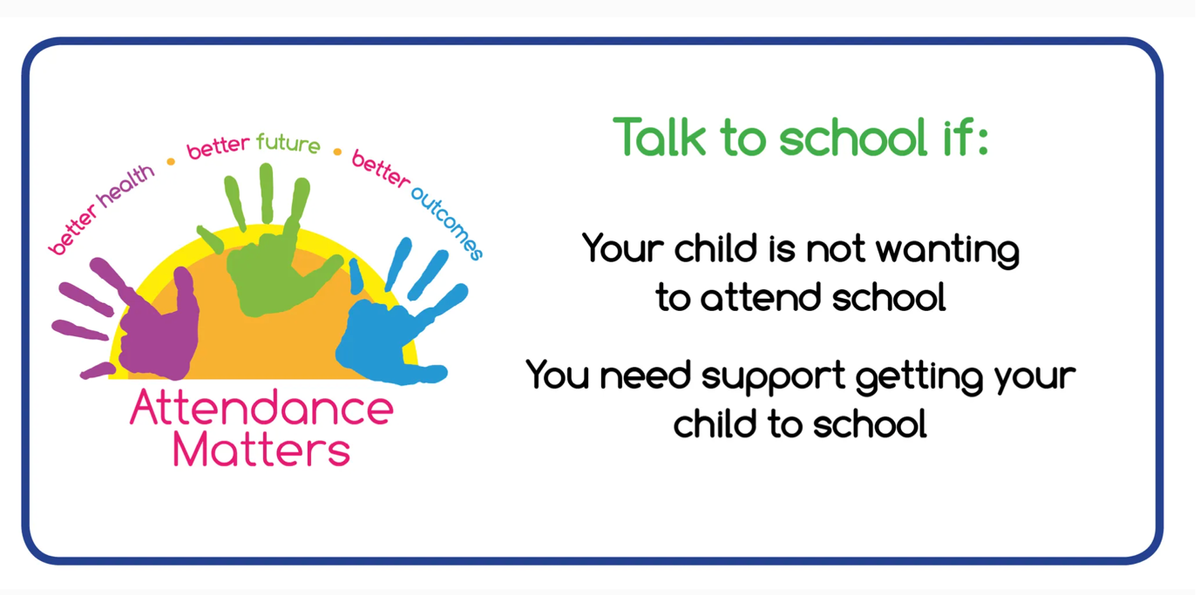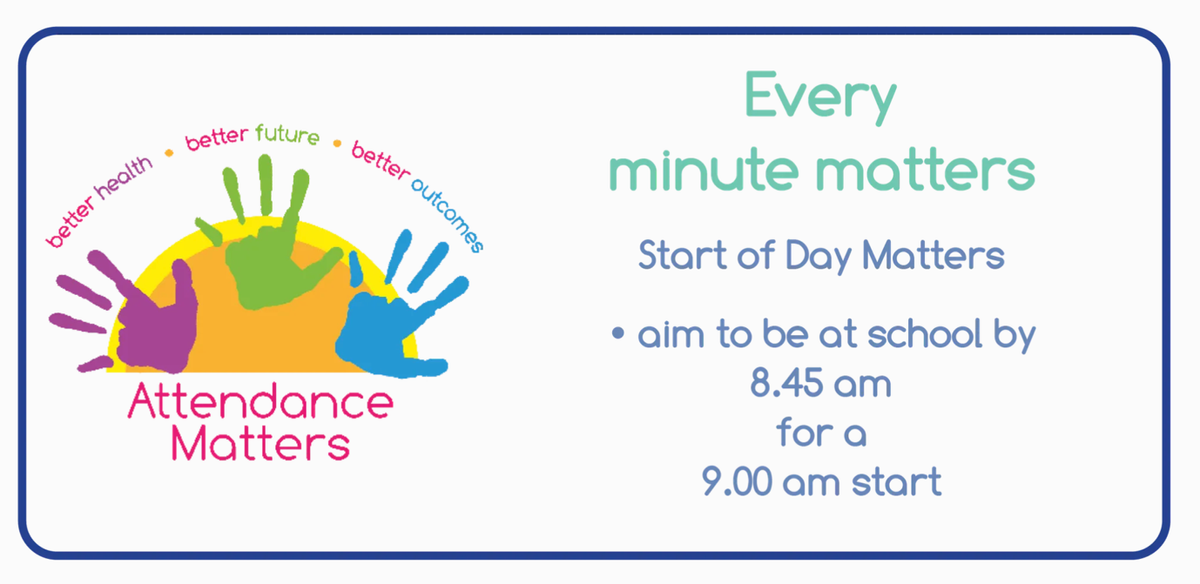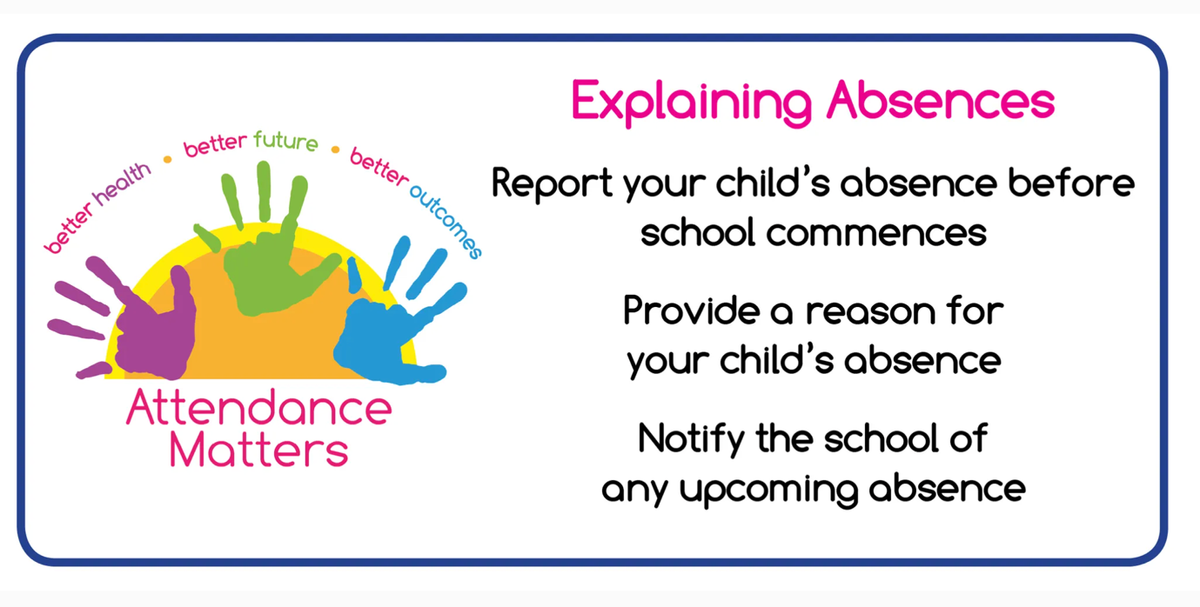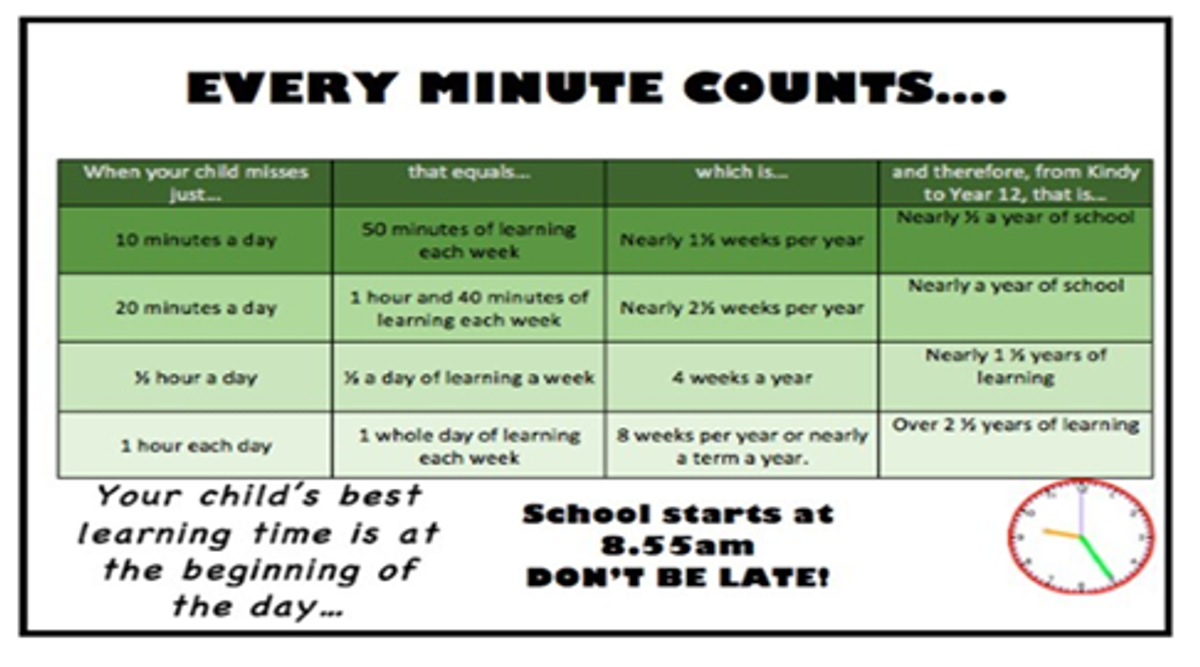Thrive & Flourish

Wellbeing Newsletter:
Welcome to the final newsletter for Term 3. The term has certainly been very busy. Hopefully the holidays are a chance to have less structured routines and ‘busyness’ in daily life.
For those currently unwell, we hope for a speedy recovery for you. For those who’ve welcomed a new addition to the family, we extend our warmest congratulations on this happy occasion.
For those families who’ve experienced a recent bereavement, please know you are in the prayers and thoughts of all in our community.
“Crack the code” of emotions and social interactions.
By cracking codes and collecting digital gadgets throughout their gamified learning journey in Digital HQ, your child could discover new ways to:
· Understand how they and others feel and act.
· Build their own formula for friendships.
· Cope with change.
· Solve social and emotional problems.
· Recognise and respond to bullying.
Check out the information below…….
How to Talk to Kids About Current Events and What They See on the News
With an unprecedented focus on current events in the media, parents and caregivers are taking new responsibilities in helping their children process what they see on the news and in the media. Children, more than ever, are inundated with current events (the good, the bad, and the ugly) and are often left confused, scared, and sometimes angry. Many have questions and are wanting to understand the world around them.
Below are a few useful tips in having these conversations with your children at home:
Don’t avoid these conversations. Having these difficult conversations about current events shows children that these topics are not taboo and are important to discuss. Although it may feel daunting to have these conversations with your children, avoidance often leaves them on their own to figure things out and they become vulnerable to misinformation, misconceptions, and confusion. Therefore, having an open dialogue with your children on what they see on the news is critical to their growth and understanding of the world around them.
Tell the truth, but share only as much as your child needs to know. Try to calm any fears and help kids feel safe. Don't offer more details than your child is interested in.
Keep these conversations ongoing. Communicate clearly with your children that the family can discuss current events at any time, that they have a safe place to process their thoughts, and that you are open to any additional questions in the future. Also, it is okay if you don’t know the answer to your children’s questions - it can be an opportunity to find the answers together!
Start with open ended questions. Open-ended questions allow parents and caregivers to gauge what the child already knows. These questions can look different for each family but examples include, “what have you heard?” or “what questions do you have?” Additionally, it is important to communicate in age and developmentally appropriate ways.
Validate your child’s feelings and give them appropriate reassurances. Children can have many emotional reactions to dealing with the uncomfortable or unsettling topics on the news. Be sure to validate their feelings, (eg: “It makes sense that you feel frightened by these events. I do too.”). This gives children security and comfort and will help you, as the parent or caregiver, achieve better conversational outcomes. Helpful validation starters include, “I hear you,” “I understand,” or “It makes sense that…”
Remember you can limit exposure to the news. Think about how old your kids are and how mature they are. Turn off the TV so the news is not playing in the background all day.
Student Attendance:
At Sacred Heart, most students come to school regularly and as a result are learning new skills socially, academically and emotionally. This is an expectation and a right that we would like to see enacted for every student.
We know that coming to school on time every day is a necessary condition for learning to occur. Students who attend school every day benefit from all of the support and teacher assistance that is available, and are much more likely to go ahead in their learning.
Being ready to begin the day's learning with the rest of the class is also very important and we ask for your support in ensuring that students are in their classes by the beginning of day bell. Being prepared for the day, and starting with peers, encourages a great day of learning and helps with organisational details of the day.
Parents/guardians are responsible for making sure that all children attend school every day unless they are too unwell, in which case the school must be advised.
We welcome any emails or calls if families wish to seek support and can be contacted via email at any time or a phone call to school.
Email:
Tony McDonald: tmcdonald@shtatura.catholic.edu.au
Felicity Bryant: fbryant@shtatura.catholic.edu.au
Deb Turvey: dturvey@shtatura.catholic.edu.au
If ever you need help sorting out personal or family issues, give CatholicCare Victoria a call. They offer many services to all members of our community – ALL FREE.
Tony, Felicity and Deb.



